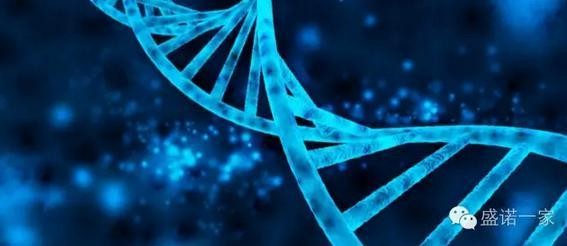Shenguo, the largest medical service provider in the United States, recently introduced a new data on the genetic basis of colorectal cancer recently provided by its overseas cooperative hospital, MD Anderson Cancer Research Center. Through this data, doctors can open up " precise medical care." "Pathways to prevent, diagnose and treat diseases. A genetic mutation in the DNA mismatch repair loss (dMMR) is present in 15% of colorectal cancer patients. So far, little is known about the performance of colorectal cancer dMMR mutations, the causes of mutations, and which treatments are most effective. A study by the University of Texas MD Anderson Cancer Research Center provides new data on the genetic basis of colorectal cancer dMMR, which may guide doctors in the diagnosis, treatment, and prevention of disease, and guide doctors to discover new treatments for colorectal cancer. therapy. The study investigated 62 patients from 1992 to 2012, and the results were published online in the July 18 issue of the Journal of Clinical Oncology. This retrospective study provides a baseline of treatment for current chemotherapy and surgery and confirms that patients with dMMR may have a good prognosis. The study also highlighted the need to focus on long-term treatment of rectal cancer survivors. DNA mismatch repair is an important mechanism in the body to repair mutations or gene deletions that occur during cell division. Problems with this mechanism can lead to increased mutations and cancer. Four genes associated with DNA mismatch repair have been discovered: MLH1, MSH2, MSH6 and PMS2. Currently, researchers believe that MLH1 and MSH2 are the main culprit in the problem of DNA repair mechanisms. MD Anderson's study found that the most common patients with dMMR rectal cancer were MSH2 and MSH6. Researchers believe that understanding genetic information can make disease diagnosis and treatment more targeted, and thus achieve precision medicine. Precision medicine advocates the treatment of diseases based on the specific characteristics of the patient, such as the genetic makeup of the patient and the genetic profile of the patient's tumor. “Our research report provides a good example of how to achieve precision medicine,†said Dr. Y. Nancy You, associate professor of oncology surgery. “The direct impact of dMMR's new genetic understanding is to be able to tell patients about their long-term situation and help. Patients choose the best surgical and chemotherapy methods." Dried Garlic Flakes,Fried Garlic Flakes,Slice Of Garlic,Roasted Garlic Slices shandong changrong international trade co.,ltd. , https://www.changronggarliccn.com
Medical treatment in the United States: MD Anderson recently found help for patients
